You’d be hard pressed to walk into a supermarket these days without spotting the words ‘Gluten-Free’ proudly positioned on packaging, jumping out at you like a beacon of health hope. “Oh look” you think, “a gluten-free chocolate brownie…it must be good for me!” You’d be forgiven for thinking that gluten is a very bad thing, as products frequently proclaim their lack of it. But is going gluten-free really the healthiest choice for everyone?
Gluten is the natural protein found in many grains, such as wheat, rye, barley, kamut and spelt. To people with a chronic digestive disorder called celiac disease, gluten is truly evil: Their bodies regard even a tiny crumb of it as a dangerous invader and mount an immune response which ends up damaging the small intestine and the villi (small hair-like projections on the intestinal walls that help with nutrient absorption) suffer damage and destruction. This impairs the body’s ability to absorb vital nutrients, which can lead to problems with absorption of nutrients and the loss of vitamins and minerals, despite an adequate diet. As a result, food allergies may also appear. The only cure is to stick to a lifelong 100% gluten-free diet to allow the intestines to repair. Some signs of celiac disease include the following;
- Chronic diarrhea or constipation
- Abdominal pain/cramps and bloating
- Unexplained weight loss
- Anemia
- Fatigue
- Infertility
- Bulky, pale, frothy, foul-smelling, greasy stools with increased fecal fat
- Fatigue and irritability
If you suspect that you may have celiac disease, it is very important that you don’t restrict gluten intake prior to going to the doctor to get tested. This is because gluten must be present in the diet leading up to the tests as otherwise the results may incorrectly return a false negative test. Basically, the body may not be in ‘fight’ mode if there are no no gluten ‘invaders’ lurking around!
So, you may not actually have celiac disease (lucky!) but you can still suffer from similar symptoms. Experts refer to this as ‘non-celiac gluten sensitivity’. Many people are making the switch to a gluten-free diet, claiming that it helps them lose weight, gain energy, improve concentration, clear skin troubles and improve mood. Absolutely, for many people, restricting gluten in their diet greatly improves their health. However, it is very important to remember that we all react to foods in a different way. Going gluten-free is certainly not a ‘miracle’ diet for all, and might not be right for you. It’s so important to listen to your body, observe how it reacts why you feed it certain foods and make any changes gradually and preferably under the guidance of a qualified nutritionist.
So perhaps you’re generally feeling right as rain but have heard about going gluten-free for weight loss, and have adopted this ‘diet’ in an attempt to improve your summer bod. This is where it’s wise to have a think about the types of foods that we are eating with gluten in. Conventional cakes, pastries, highly processed foods, white bread… yip, I can quite confidently say that if you avoid these gluten-based products you’ll be doing yourself a favor. You see, these foods contain highly refined forms of grains (eg. white flour) and often large amounts of refined sugar. These gluten-containing foods therefore provide very little nutritional value in our diet and can safely be attributed to weight gain.
On the flip side, when you choose a gluten-free diet, your dietary horizons are forced to expand, and suddenly quinoa, amaranth, and millet make their way into your shopping trolley and onto your plate and pre-meal bread baskets are pushed aside. Fruit and vegetables replace crackers and cake as your afternoon snack. Breakfast is suddenly super smoothies instead of toast. Variety and freshness becomes the spice of life, and that is what makes the difference! Often the reason many people do lose some weight and generally ‘feel better’ eating foods without gluten, is not the avoidance of gluten itself, but the fact that they are making healthier food choices.
If you do not have celiac or don’t suffer from non-celiac gluten sensitivity, whole grain rye, barley, spelt and kamut are nutritious and healthy additions to the diet. These grains contain gluten but are also full of fiber, phytochemicals, B vitamins, folate, calcium, selenium, iron, and zinc. When prepared properly and eaten in their whole, unprocessed forms, they have many health benefits.
Gluten-free doesn’t necessarily equal healthy, especially when people yank vitamin-enriched and whole grain foods from their diets and replace them with gluten free brownies (often packed with fat and sugar to help them bind…not so virtuous after all!) If you want to give gluten-free eating a shot, it may well work for you. However, keep in mind the importance of replacing gluten-based whole-grains with gluten-free whole-grain options like brown rice, buckwheat, amaranth, quinoa and millet. If you suspect gluten may be affecting your health, it’s best to first speak to a nutritionist or naturopath before making any major changes to your diet.






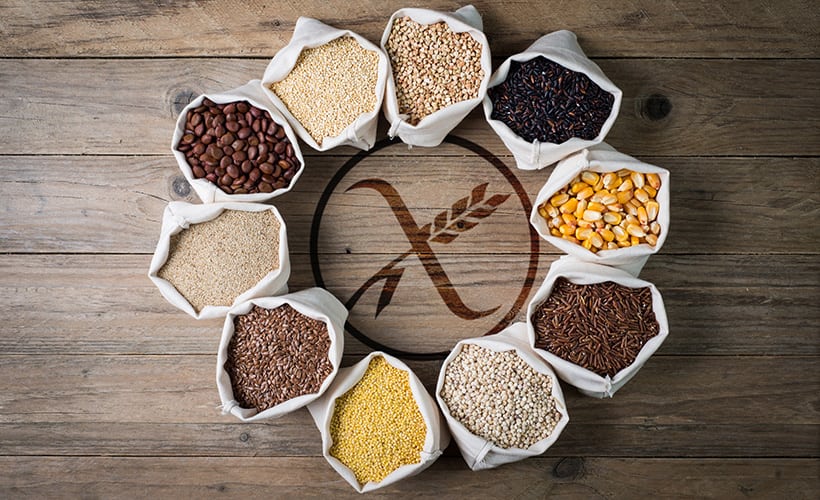

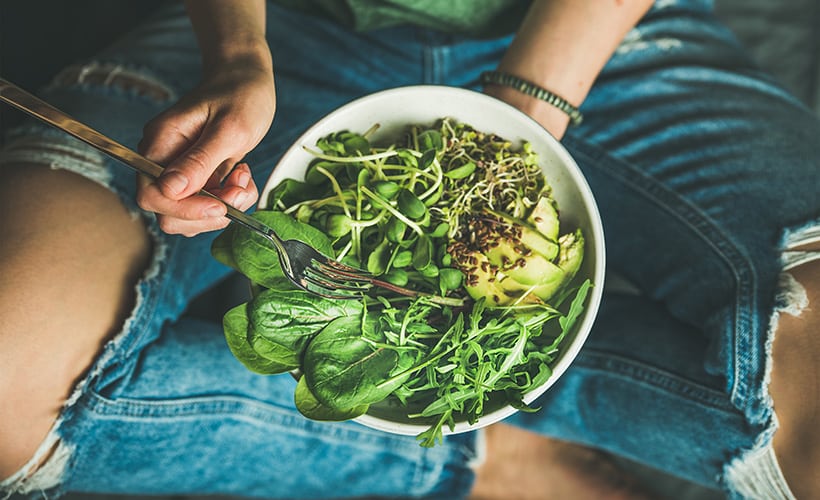
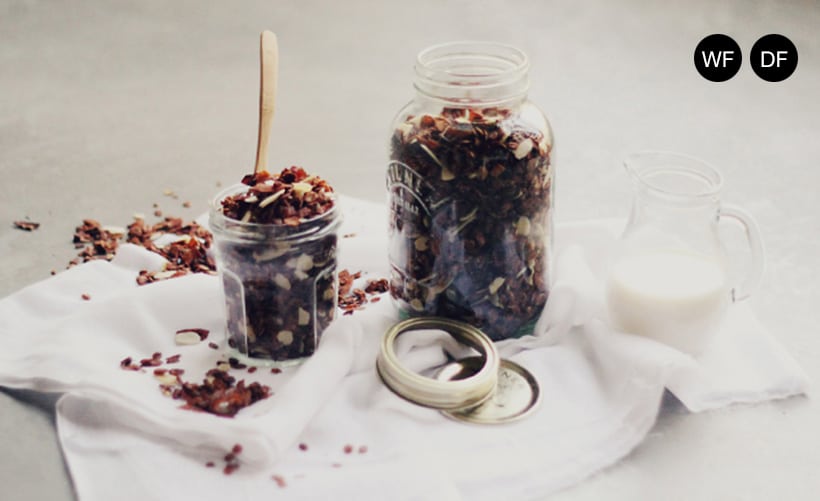
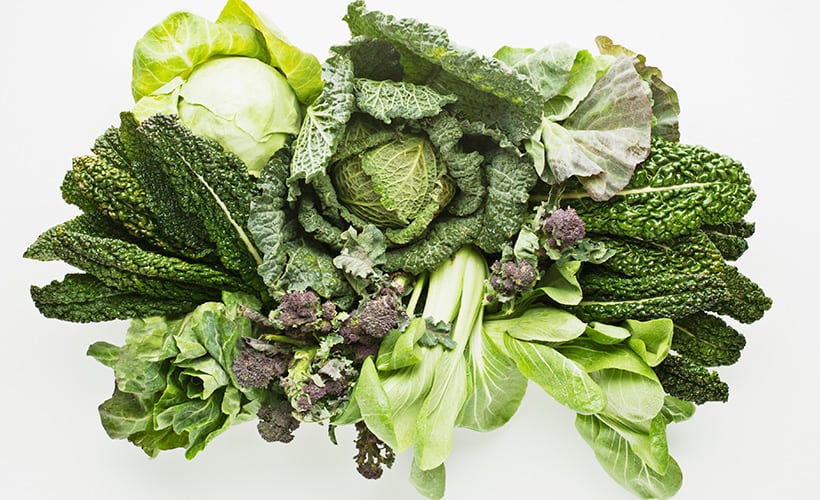
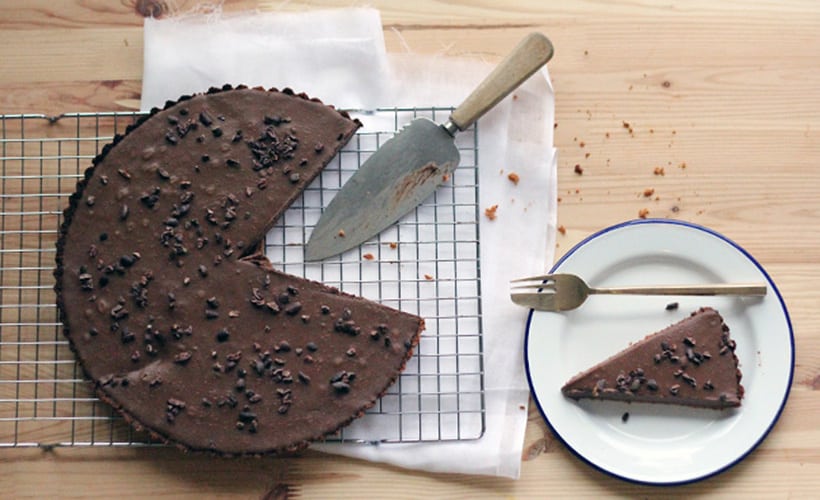


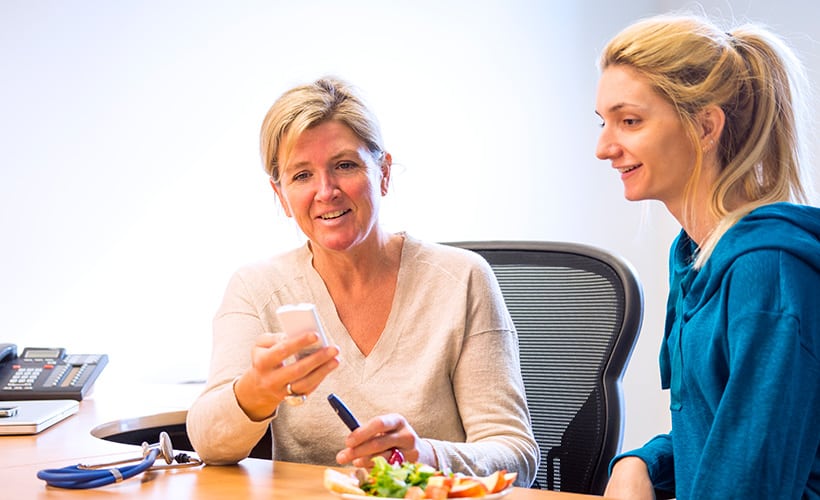

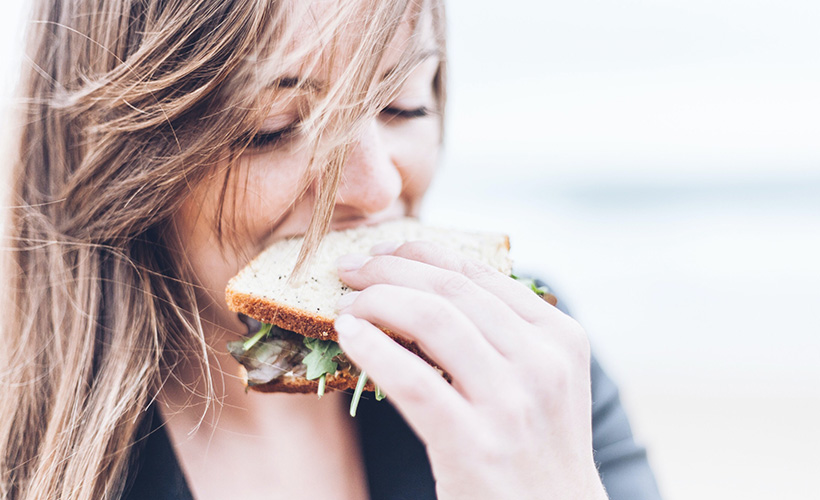

Community